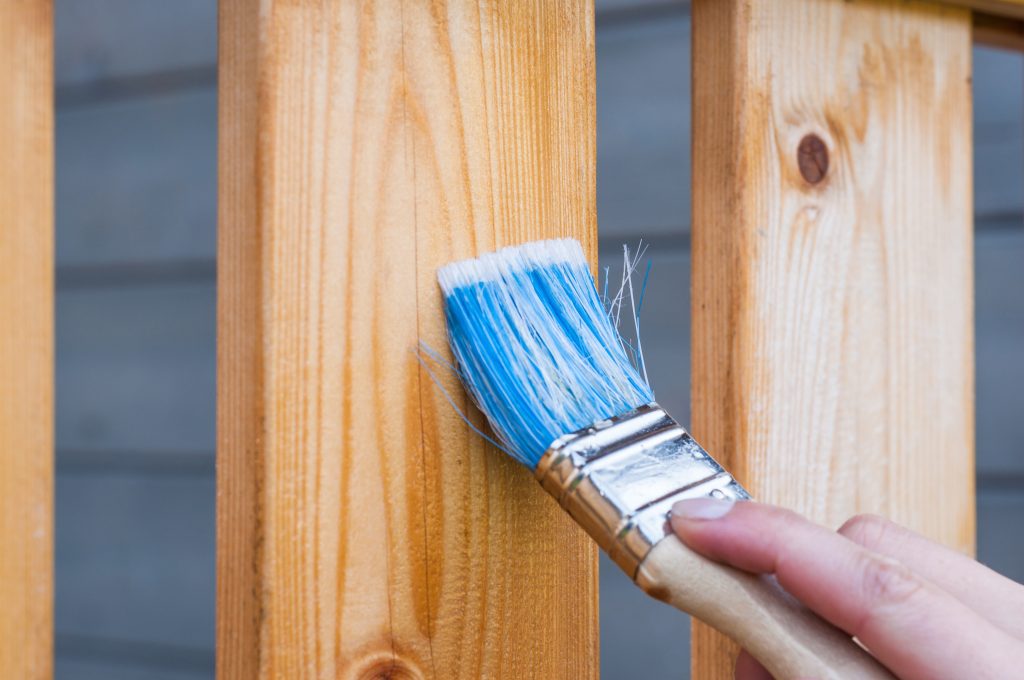
“Good fences make good neighbors” isn’t just a witty cliché, but a useful analogy when we talk about boundaries.
Everyone has boundaries. Some boundaries are like fences, others are like walls, and some are even like frequently forgotten property lines. Regardless of what they look like, no one likes when their boundaries are crossed.
That’s actually a good thing.
Unpleasant feelings, regardless of how big are small, are vital to us being healthy. Think about it: if your back hurts, it hurts for a reason. No one likes pain, but it tells us something we need to know. An aching back may tell us we have a pulled muscle, herniated disc, or fracture. We know we need to go to the doctor.
When someone violates a spoken or unspoken boundary, emotional discomfort tells us something too. Some common reasons are:
- A person hasn’t considered our (entirely valid) preferences
- Someone is ignoring our deeply held beliefs
- Someone could be asking us to put their wants over our needs
- We may need to communicate something
- An activity or person might not be healthy for us
- Someone may expect us to take responsibility for their own actions
- There is past trauma we should deal with
In any case, it is important to know your boundaries and be able to communicate those clearly. And that becomes more important in romantic relationships.

Romantic relationships are some of the closest relationships that human beings have, so it can feel like boundaries aren’t needed. The reality is, romantic partners are still different people with different thoughts, feelings, preferences, and experiences. While these relationships ideally bring people together so they work, live, and love in unity, it does not mean that each partner ceases to be their own person. Making a mistake about this can lead to misplacing one’s sense of self-worth, happiness, and purpose in relationships. Then, when a relationship is unstable or gone, so is a person’s feeling of self-worth, happiness, or purpose. That isn’t healthy.
On the other hand, if a relationship is just two working professionals that happen to inhabit the same sphere until it becomes inconvenient, there may be a different issue. In this case, boundaries may be walls that keep one person locked in and everyone else locked out.
There’s no doubt that humans were made for relationship (not just romantic relationships, but for interpersonal relationships and community). However, it’s important for those relationships to have good, appropriate boundaries.
If you think about it, this concept applies to all needs humans have. People need food, but it is important that they eat good amounts and kinds of food. They need water, but drinking too little, too much, or contaminated water is harmful. Humans need shelter, but if the shelter has mold, isn’t safe, or doesn’t provide adequate protection from the elements, it’s bad.
The same is true for boundaries. We do need them in all our relationships, and they ought to be appropriate.
In future blog posts, we are going to talk more about boundaries and what healthy ones look like in romantic relationships, as well as the different kinds of misconceptions people have about boundaries, some common mistakes, and how to cultivate healthy alternatives that honor the way each of us is created. Stay tuned!